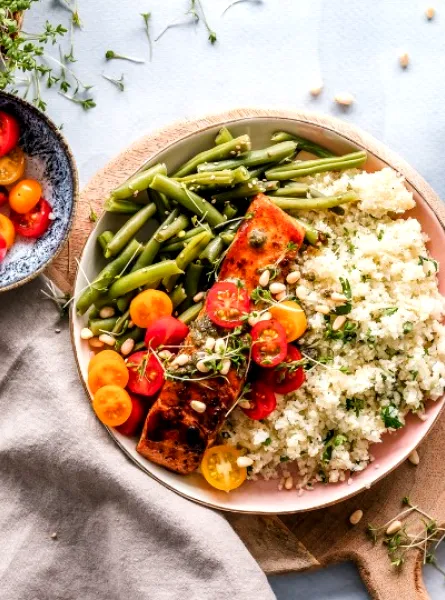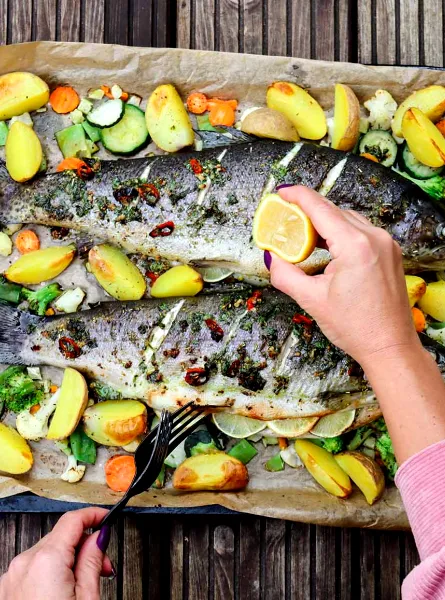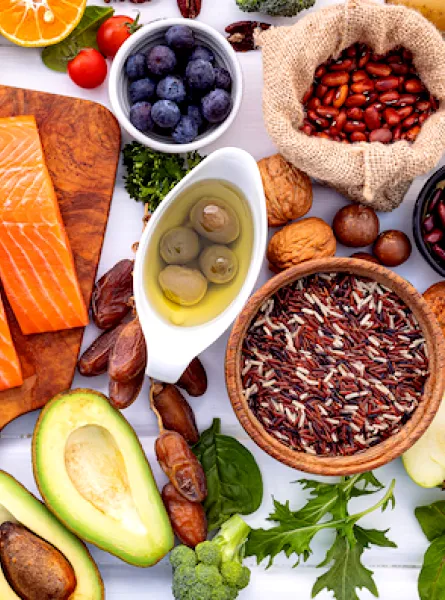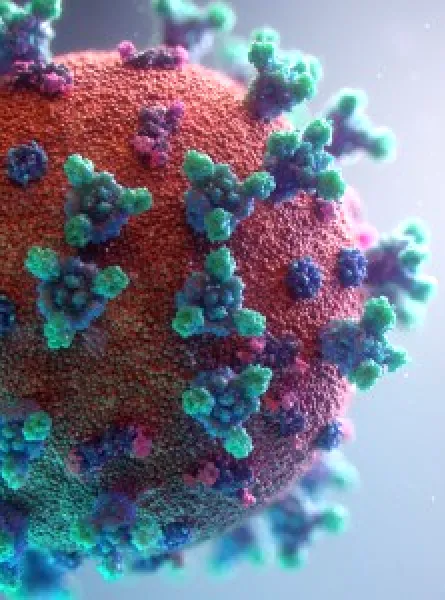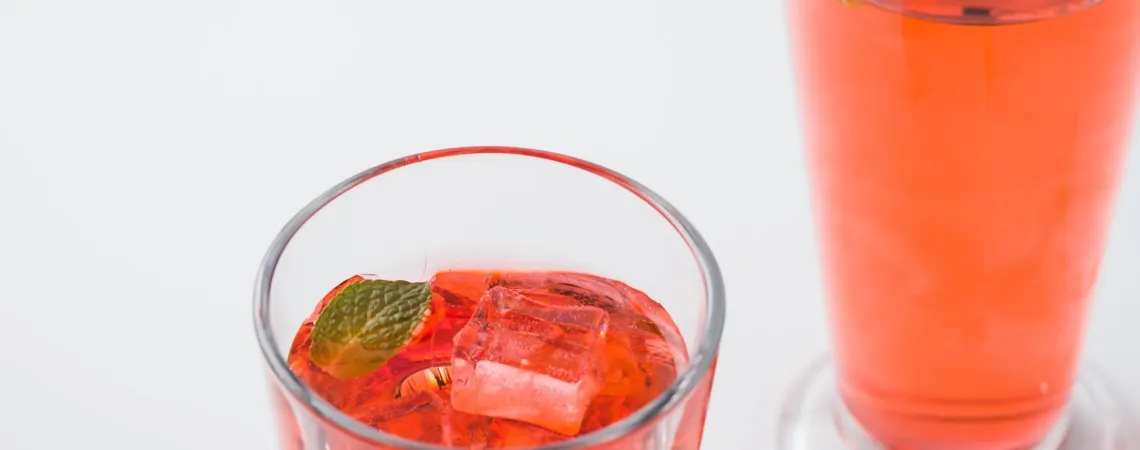
You've likely already heard about the alcohol-free month, either through the media or during a conversation. In Quebec, it's the Jean Lapointe Foundation that champions this challenge year after year. This movement originated in 2013 and is believed to have come from the United Kingdom, where it's known as "Dry January." In Quebec, this challenge takes place in February. Équipe Nutrition is proud to be affiliated with this foundation for the alcohol-free month challenge.
Here are a few tips for a successful alcohol-free month in February:
1. Substitute Your Alcoholic Beverages with an Alcohol-Free Version
These drinks must be realistic: are you able to get them or make them at home?
Make sure you have the ingredients, the kitchen tools, and the time in your day to make them. Some of these beverages are expensive to buy, so it is wise to use the budget allocated to the purchase of alcohol for these non-alcoholic drinks.
Substitute:
- Beer for kombucha or even for a non-alcoholic beer.
- Gin and tonic for sparkling water with flavor, or a non-alcoholic ready-to-drink drink like Atypique or Encanette.
- Cocktail for a homemade mocktail, like this sparkling passion fruit & peach mocktail.
Offering a familiar feel can ease the transition, staying closer to your current habits.
- There are now a variety of spirits, beers, seltzer or non-alcoholic wine that offer a similar taste, such as Juniper Gin.
- It is also possible to make non-alcoholic versions of traditional cocktails and beverages, such as Virgin Bloody Ceasar, Virgin Mojitos, etc.
These drinks offer a similar taste that leaves room for fun and sobriety.
2. Prepare in Advance for This Month
- There are a few days left to prepare, so try to have the above products on hand if needed.
- Identify restaurants where you will be comfortable purchasing a non-alcoholic drink. Many menus are already online, and you can confirm that these options are present.
- Talk to your loved ones and your nutritionist to get the support you need to accomplish this challenge.
3. Do the Challenge with Someone
Doing the challenge as a group increases the chances of having a high success rate. Encouraging and motivating each other as a group, helping each other and having someone to talk to about it helps us reach our goals.
4. Question Your Drinking Habits and the Opportunity to Vary Our Activities
The alcohol-free challenge is an opportunity to introspect on our drinking habits and to better understand what drives us to drink. This challenge allows us to rediscover ourselves and to better observe our behaviors.
Therefore, we suggest that you write down a list of activities that you would like to try or that you like to do, but that you don't necessarily take the time to do anymore, and that you plan one or more times to do them during the next few weeks. This will keep you busy and therefore you will think less about drinking.
5. Give Different Hostess Gifts Without Alcohol
Want to give the perfect hostess gift without the traditional bottle of wine? Here are some alcohol-free gift ideas:
- Baked goods
- Gourmet cheese plate
- An aromatic plant (basil, thyme, oregano...)
- Homemade tapenades or jellies
- Tea box
- Kitchen items
You may introduce your guests to local products, and these gifts may encourage your loved ones to support you in your alcohol-free challenge.
Whatever your reason for taking on this alcohol-free challenge, we hope these tips will help you on your way to success! For more information and help, it is possible to make an appointment with one of our nutritionist-dietitians.
References:
Centre canadien sur les dépendances et l’usage de substances (2023). Repères canadiens sur l’alcool et la santé: Rapport final.
Ezy Raise. (2023). Go dry this February - about Dry Feb. Dry Feb 2023. Retrieved January 20, 2023, from https://www.dryfeb.ca/about

